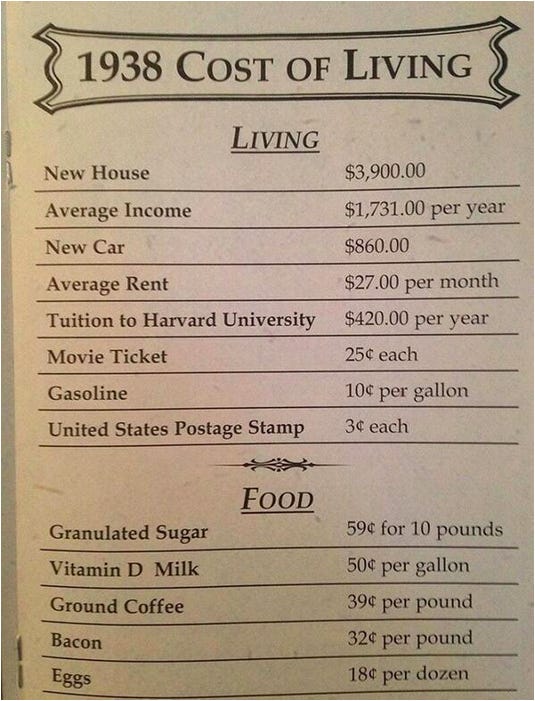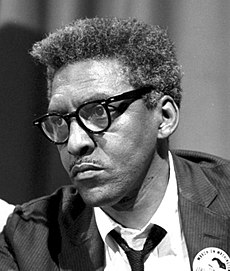If assessed by the amount of media attention and early campaigning by the major political parties, the approaching national election is an important marker in the destiny of our nation. Much foreshadowing and numerous negative predictions have already been put forth for the 2024 election. News headlines and excerpts from some of the candidates’ rhetoric promote fear for some and cynicism for others. It’s difficult to find something to be optimistic about regardless of the outcome of the 2024 election.
I’ve always put faith in the coming generation. I believe that they are the wise ones who find ways to see beyond the mess we find ourselves in when we abandon ethical principles and compassion. They make us hear them by any means necessary and I’ve always supported them in their efforts. Recently, I’ve begun to question if we can still count on the young to save us.
I want to ignore the polls about possible changes in the political leanings of younger voters because there are a lot of variables to consider regarding the integrity of the polling process and the interpretation of the results. Recent history has shown that younger voters have more progressive ideals, and therefore lean more toward the Democratic party. Articles using poll results as the focus, however, show that where the Democratic party leads among younger voters, the margin is extremely small, and in some cases the Republican party is ahead by a small margin. When I read that many men, in particular, admire the Republican candidate because of his machismo, I begin to wonder if we’re losing what has been so precious about young voters—optimism.
I want to believe that the current polarizing environment on so many issues would ignite and excite young voters to stand up for the ideals of the nation. However, it seems that in the current environment, it may seem impossible or futile to express noble ideals and meet the projected challenges with openness, compassion, courage, and integrity.
I don’t want to lose hope. What can open the door to optimism when there are so many forces pushing against it? What voice and whose words have broken through before?
I share the following adapted and updated excerpt from President Barak Obama’s memoir, A Promised Land(from The Atlantic, Nov. 12, 2020):
“If I remain hopeful about the future, it’s in large part because I’ve learned to place my faith in my fellow citizens, especially those of the next generation, whose conviction in the equal worth of all people seems to come as second nature, and who insist on making real those principles that their parents and teachers told them were true but that they perhaps never fully believed themselves. More than anyone else, my book is for those young people—an invitation to once again remake the world, and to bring about, through hard work, determination, and a big dose of imagination, an America that finally aligns with all that is best in us.
“What I can say for certain is that I’m not yet ready to abandon the possibility of America—not just for the sake of future generations of Americans but for all of humankind.”


